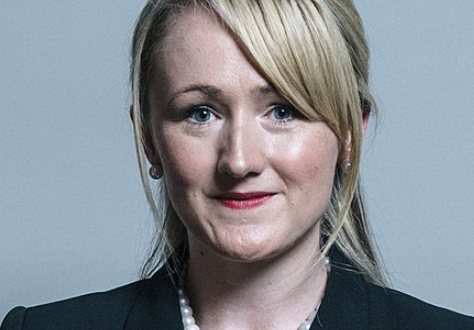Yesterday the Daily Mail was reporting that Labour would stand ‘on its most Left-wing economic manifesto since the Kinnock era’ and it seems clear that Miliband wants to put some distance between himself and his predecessors, Blair and Brown.
Mr Miliband said he has ‘learned lessons’ from New Labour’s approach to business and the City and said he would aim to water down the importance of financial services in the economy.
In an interview with the BBC, he laid out plans to impose more regulation, tax bankers more heavily and build ‘a different banking system’.
Yet at the same time Miliband also acknowledges the achievements of New Labour, and doesn’t want to set the clock back too far:
‘We’re not going back to, for example, nationalisation, and mass public ownership. New Labour was right about that.
However Miliband’s claimed slight shift to the left is not enough for Len McCluskey, general secretary of the Unite union.
“If he is brave enough to go for something radical, he’ll be the next prime minister. If he gets seduced by the Jim Murphys and the Douglas Alexanders, then the truth is that he’ll be defeated and he’ll be cast into the dustbin of history.”
He added: “Liam Byrne certainly doesn’t reflect the views of my members and of our union’s policy.
Well – McCluskey is actually probably right on this, for a 2009 Populus poll revealed that a third of Unite members intended to vote Conservative in the general election. McCluskey went on to warn:
“We believe that Ed should try to create a radical alternative. My personal fear, and that of my union, is that if he goes to the electorate with an austerity-lite programme, then he will get defeated.”
An alternative fear might be that a wild lurch to the left would also mean defeat for Labour. Also – the local elections take place next week and in my area at least an independent socialist candidate (with an endorsement from our friend Ben White) is likely to take votes from Labour.
I agree with the statement issued by a Labour spokesman:
“Len McCluskey does not speak for the Labour Party. This attempt to divide the Labour Party is reprehensible. It is the kind of politics that lost Labour many elections in the 1980s.”


